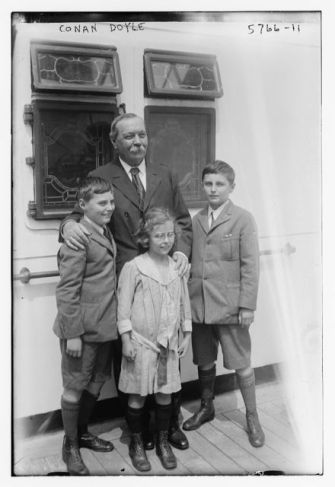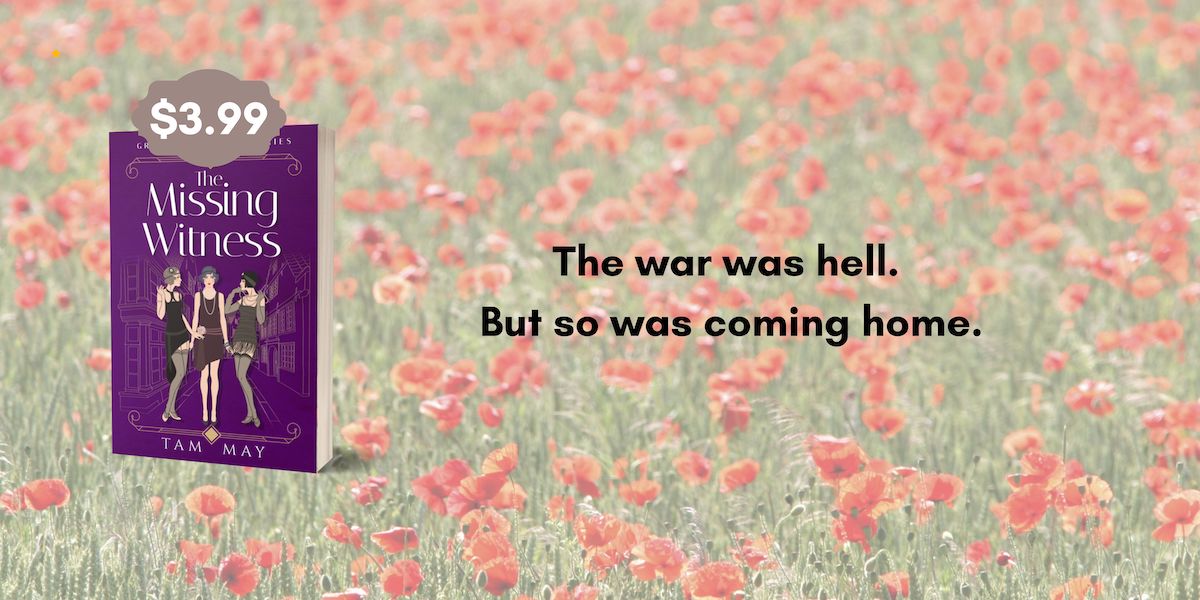Today is Father’s Day in the United States. If Father’s Day sometimes seems like an afterthought, it sort of was, though not because fathers aren’t worthy of honor. I trace this back to the residue of the 19th century separate spheres where home and family brought up images of mothers more than fathers. So we can understand in this light why Mother’s Day gets a lot of attention.
Unlike Mother’s Day, which has definite origins, the history of Father’s Day is a little uncertain. There were, in fact, two local celebrations going on during the Progressive Era that is thought to be the official kick-off of Father’s Day, both celebrated for personal reasons. In 1910, Sonora Smart Dodd campaigned in her home state of Washington for an official Father’s Day celebration in June, mainly wanting to commemorate her own father. Dodd’s father had been a Civil War veteran and raised her and her five brothers and sisters alone on a farm when his wife died in childbirth. She succeeded, as Washington began celebrating a state-wide Father’s Day that year. The other celebration happened two years earlier, in West Virginia when a local Methodist church in Fairmont celebrated the day in honor of 361 fathers who had been killed in a local mining explosion.
But official lobbying and support were slow in coming. National political figures such as William Jennings Bryan and Calvin Coolidge supported a national Father’s Day, but it didn’t get much traction. Lobbying for a Father’s Day continued, and in 1972, Richard Nixon declared Father’s Day a national holiday on the third Sunday of June in the United States.
Why was Father’s Day almost an afterthought? As they say, follow the money. Mother’s Day was a commercially viable holiday from very early on. It was, in fact, its commercial appeal that helped get Woodrow Wilson to sign a proclamation declaring it a national holiday in the United States in 1914. But many felt fathers just didn’t have the same monetary appeal. As I discuss here, the role of the father in the 19th and early 20th centuries was more of a disciplinarian. The sentimentality given to mothers seemed to undermine the idea of the “manly man”, emphasizing the masculinity crisis of the Gilded Age.

Photo Credit: Sir Arthur Conan Doyle and his three children, 1900, Bain News Service, publisher, Library of Congress: Picryl/No known restrictions
Fathers are just as complex as mothers (something I discuss in my blog post about Mother’s Day) and Adele’s father is no exception. Although deceased when the series opens, Otis Gossling still profoundly influences his daughter and his son, Adele’s brother, Jackson, but in very different ways. As a highly-revered San Francisco criminal lawyer, it was his position that gave them their well-to-do standing. But Adele sees him very differently than her brother Jackson. Who is right and who is wrong? You’ll have to read the Adele Gosslng Mysteries to find out!
And you can start right here with Book 1, The Carnation Murder, which is free on all bookstore platforms. Book 6 is coming out later this summer, so check that out here.
If you love fun, engaging mysteries set in the past, you’ll enjoy my novella The Missing Ruby Necklace! It’s available exclusively to my newsletter subscribers and you can get it here. By signing up, you’ll also get news about upcoming releases, fun facts about women’s history, classic true-crime tidbits, and more!

